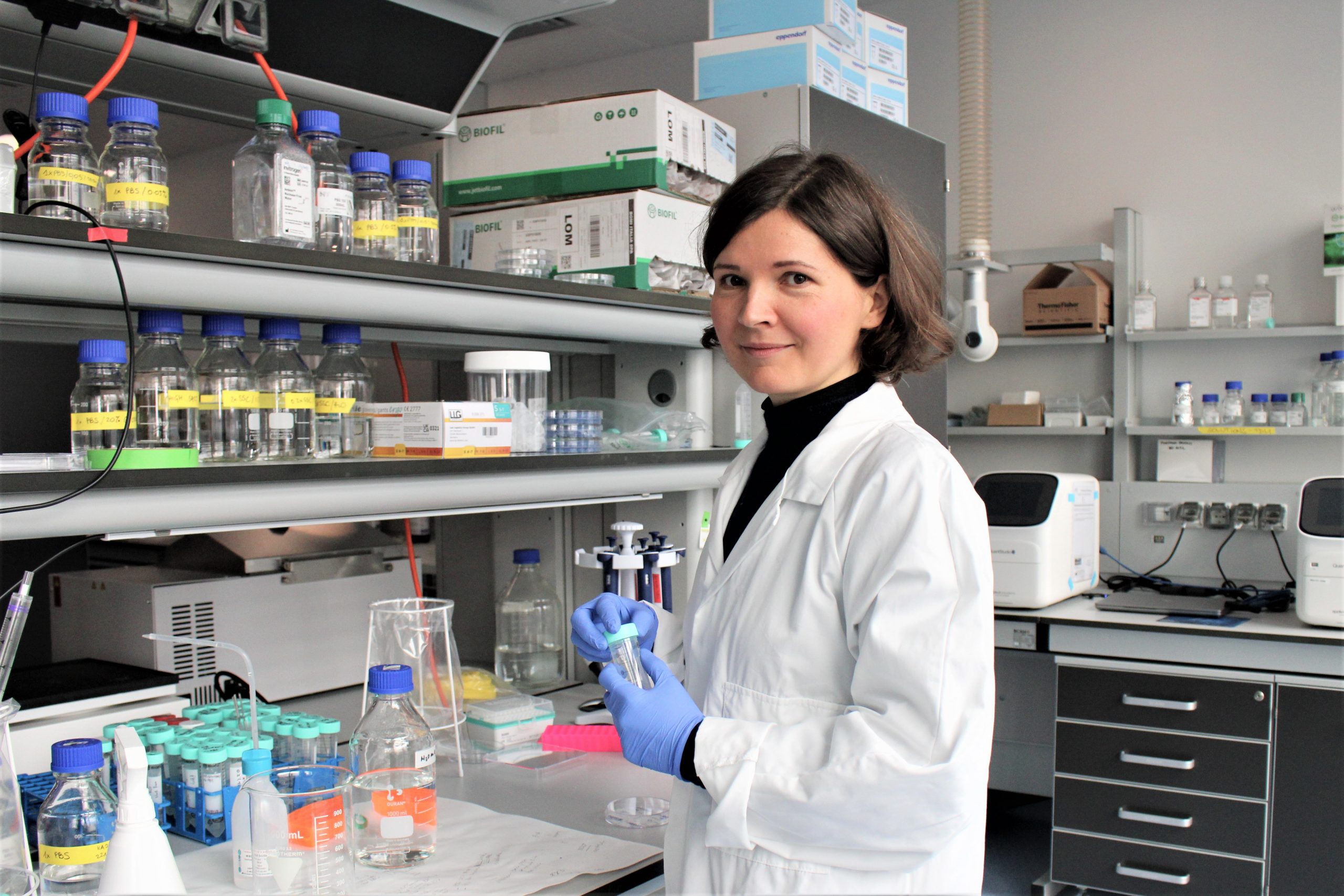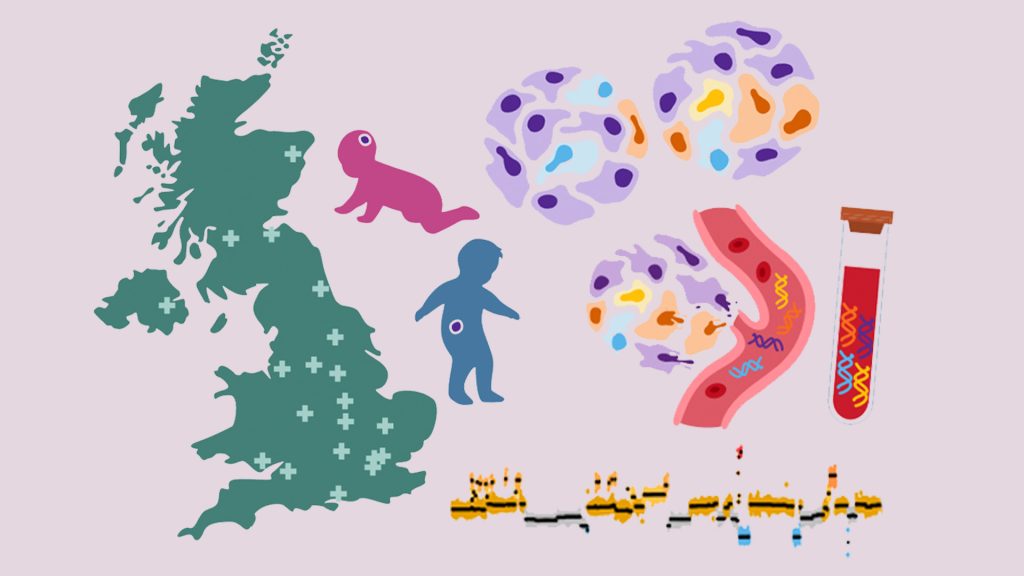Human Technopole awarded ERC Consolidator Grant to study the genome in 3D

Magda Bienko, Group Leader at the Functional Genomics Centre at Human Technopole has been awarded an ERC Consolidator Grant for her research project “Radialis”. The project, which has earned a funding of 2 million euros, aims to understand the design principles shaping genome architecture.
Within our cells, DNA is folded in a three-dimensional structure. The way it is folded and packaged within the nucleus has important consequences for the expression of our genes. Disruption of the 3D organization of genomes can have important repercussions on our health and be at the basis of diseases such as cancer or neurodegenerative disorders.
The ERC winning project “Radialis” has five main objectives: study radial organization of the genome at single-cell level; explore the consequence(s) of perturbation of the radial organization of the genome; trace 3D genome structure through cell division; dissect the role of nuclear RNA in shaping genome radiality; identify nuclear processes shaped by genome radiality.
“I strongly believe in the power of fundamental basic research. In fact, no major breakthroughs in medicine would be possible without us thoroughly understanding how cell functions, and so this project falls under this category. It deals with very fundamental questions in biology, studying how our genome is structured in 3D. The discovery of the structure of DNA itself, in 1953, revolutionised life sciences. Now it’s time to focus on the genome in its entirety and understanding how it is structured in the volume of the nucleus. Human Technopole is a perfect place for the project given the numerous technologies from various fields, the concentration of expertise and top-notch infrastructure”, stated Magda Bienko Group Leader at the Functional Genomics Centre at Human Technopole.
Magda Bienko joined HT in September 2022 from the Science for Life Laboratory and Karolinska Institute in Stockholm, Sweden. Magda did her postdoc with Alexander van Oudenaarden at MIT in Boston and her PhD with Ivan Dikic at the Goethe University in Frankfurt, Germany, after graduating from the Jagiellonian University in Krakow, Poland, where she studied biotechnology.




